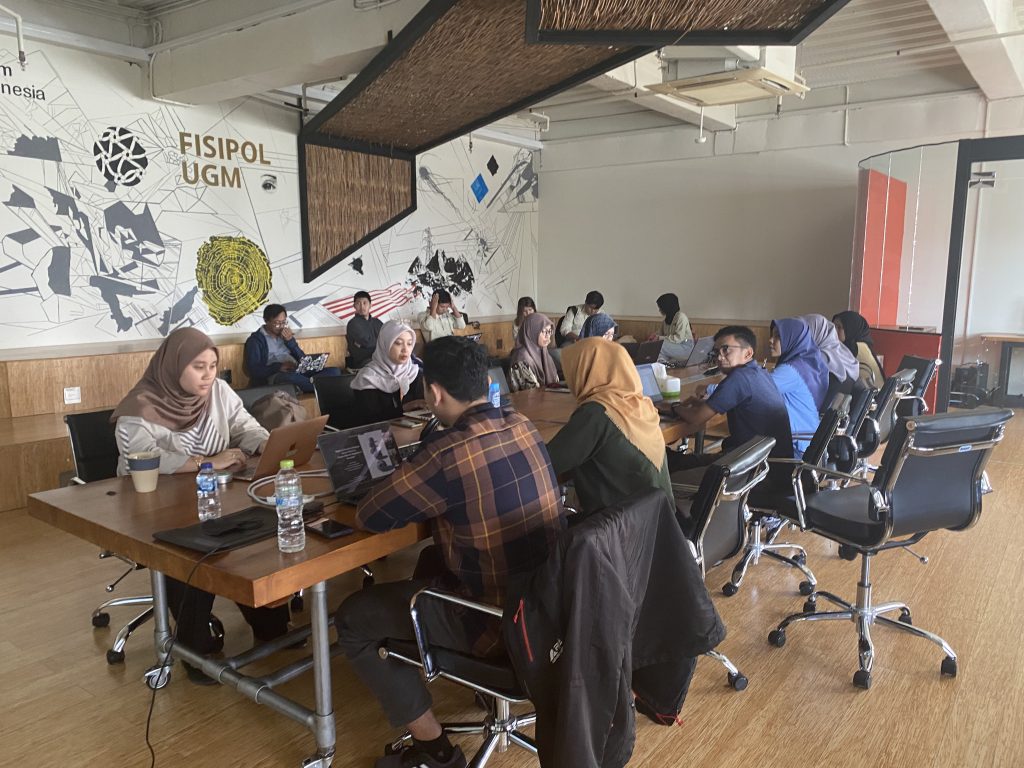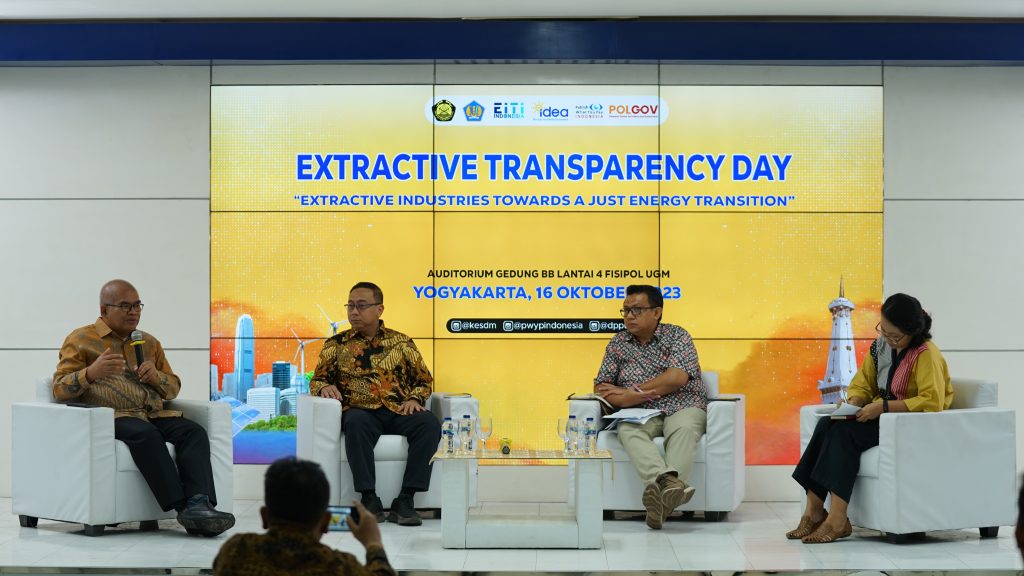6th Conference on Human Rights International Conference Wraps Up, Leaving a Lasting Impact on Human Rights Advocacy
[Yogyakarta, 26 October 2023] — The Department of Politics and Government
University of Gadjah Mada proudly announces the successful conclusion of the 6th
Conference on Human Rights, held on 24-26 October 2023 at the Faculty of Social and
Politics University of Gadjah Mada in Yogyakarta. The conference brought together a
diverse array of human rights advocates, academics, practicioners, and policymakers to
engage in fruitful discussions about human rights.
With a focus on addressing not only indigeneity but also critical human rights issues in
general, the 6th Conference on Human Rights achieved its goal of fostering dialogue
and inspiring action. As many as 152 participants from Indonesia, Philippines, India,
Australia, Thailand, Brunei Darussalam, Germany, Denmark, Cambodia, Hongkong,
Czech, Nepal, and many more countries, representing various sectors and
backgrounds, came together to share insights, exchange ideas, and develop strategies
to advance the global human rights agenda.
The conference showcased 45 compelling panel discussions encompassing a broad
spectrum of topics, including indigeneity, discrimination, women’s rights, education
rights, indigenous rights, religious freedom, authoritarianism and state policy on human
rights, climate change, technology, and many more. With 150 presenters contributing
outstanding papers across 46 panels, the conference seamlessly blended both online
and offline participation. The lively discussions, notably in the BRI Amphitheatre, were
not confined to a one-sided interaction; rather, they were enriched by active audience
engagement. The sessions, including a live-stream on YouTube, witnessed an
enthusiastic audience posing thought-provoking questions, sparking fruitful discussions
on both panel topics and pertinent global issues.
Over two impactful days, the conference hosted a series of engaging plenary sessions,
each contributing a unique perspective to the exploration of human rights issues. The
first day began with a resonant keynote entitled “Eradicating of Human Trafficking based
on Human Rights Approach in ASEAN” by Anis Hidayah, Commissioner of the Human
Rights Commission, setting the stage for thoughtful discussions. Prof. Sonja Van
Wichelen from the University of Sydney continued the narrative with valuable insights
about Global Bioethics In the Pursuit of Open Science during the second plenary
session. Amidst the intellectual exchange, the conference celebrated Prof. Michele
Ford’s book launch, entitled “Buruh dan Intelektual: LSM, Mahasiswa, dan Gerakan
Buruh Indonesia”, adding a literary dimension to the event.
On the second day, International perspectives were brought to the forefront with a
keynote session from WFD, “The Environment & Human Right Nexus- Where Is
ASEAN Going?”, the session featured 4 speakers, Rafael Jimenez Aybar, Dr
Herlambang Wiratraman, Dr David Boyd, and Deputy Adriana Bustamante from the
Mexican Congress. The plenary sessions reached a crescendo with a closing keynote
by Prof. Eddy Hiariej, the Deputy Minister of Law and Human Rights, highlighting the
role of the Ministry of Law and Human Rights in the ongoing discourse to achieve a just
society. In essence, the conference provided a concise and dynamic narrative, weaving
together diverse voices and perspectives to advance the understanding of critical
human rights issues on a global scale.
In the reflections of participants, the conference comes to life through their collective
experiences and insights. Jim Esperanza, representing the University of the Philippines,
encapsulates this sentiment, expressing, “It is gratifying to establish connections with
practitioners not only within Southeast Asia but on a global scale.” This overarching
theme of international connectivity and shared purpose is echoed by Aaron Fiernes
from the same university, who remarks, “The experience has surpassed our initial
expectations.” Adding to this positive impressions, Jasper Kulvmann, a visiting fellow at
CHRM2, University of Jember, reflected, “The campus here is impressive, providing an
ideal setting for the conference. The overall experience has been positive.” Their
reflections provide a compelling testament to the international resonance and positive
impact of the event.
The Department of Politics and Government at the University of Gadjah Mada extends
gratitude to the Sydney Southeast Asia Centre at the University of Sydney, the Centre
of Human Rights, Multiculturalism, and Migration at the University of Jember, the
Australian Consulate-General in Surabaya, The Law and Human Rights Policy Strategy
Agency at the Ministry of Law and Human Rights of the Republic of Indonesia,
Westminster Foundation for Democracy, the Faculty of Social and Politics at the
University of Gadjah Mada, for their immeasurable support towards the success of the
event. The success of this pivotal event is also credited to the careful curation of panel
sessions in collaboration with the National Commission on Human Rights (KOMNAS
HAM), the Indonesian Scholar Network on Freedom of Religion or Belief (ISFoRB), and
the Center for Religious and Cross-Cultural Studies (CRCS) at UGM.
Our appreciation also goes to the participants, speakers, and volunteers who
contributed to the success of the conference. Their dedication and commitment were
instrumental in creating a dynamic and impactful event.
 Previous Post
Previous Post Next Post
Next Post